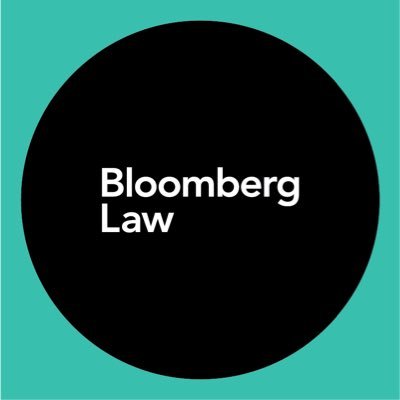By Todd Tiahrt. (RealClear Policy). October 27, 2023.
There is a strong, bipartisan desire in Washington to adopt a clear set of rules for regulating cryptocurrencies and blockchain technology. Unfortunately, the Securities and Exchange Commission (SEC) and its allies in the Biden administration have been fighting to halt it in its tracks, arguing that the SEC is “the cop on the beat” and already has full authority over digital assets. But after years of legal wrangling, this game of regulatory domination is now hitting a wall in the courts, leaving SEC Chairman Gary Gensler increasingly isolated.
Gensler has repeatedly claimed that the SEC’s authority over what he calls “digital asset securities” is total, that the rules are “clear,” and that every crypto company is non-compliant. But when pressed before Congress to explain those rules, he can’t answer the most basic questions. Gensler has further told companies they have to register their products or digital tokens, but he and the SEC staff are incapable of explaining the process when asked. Court filings by crypto companies show ample evidence of years of frantic attempts by companies to “come in” and understand how to comply with these allegedly clear rules to little avail.
Read former member of Congress, Todd Tiahrt’s piece here: RealClear Policy














